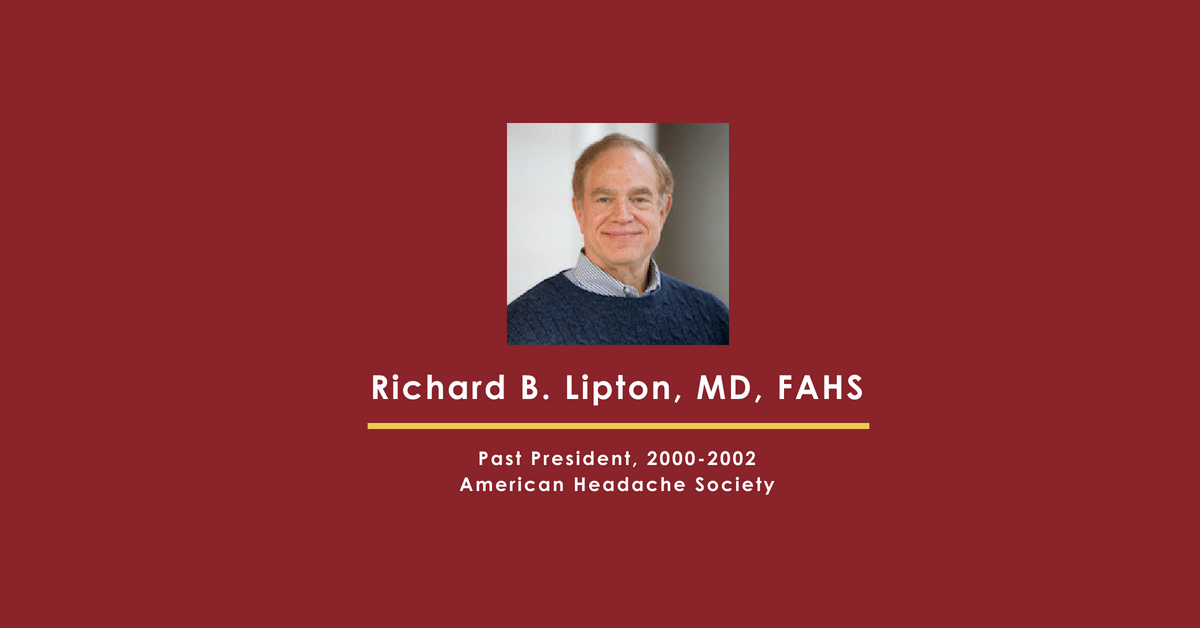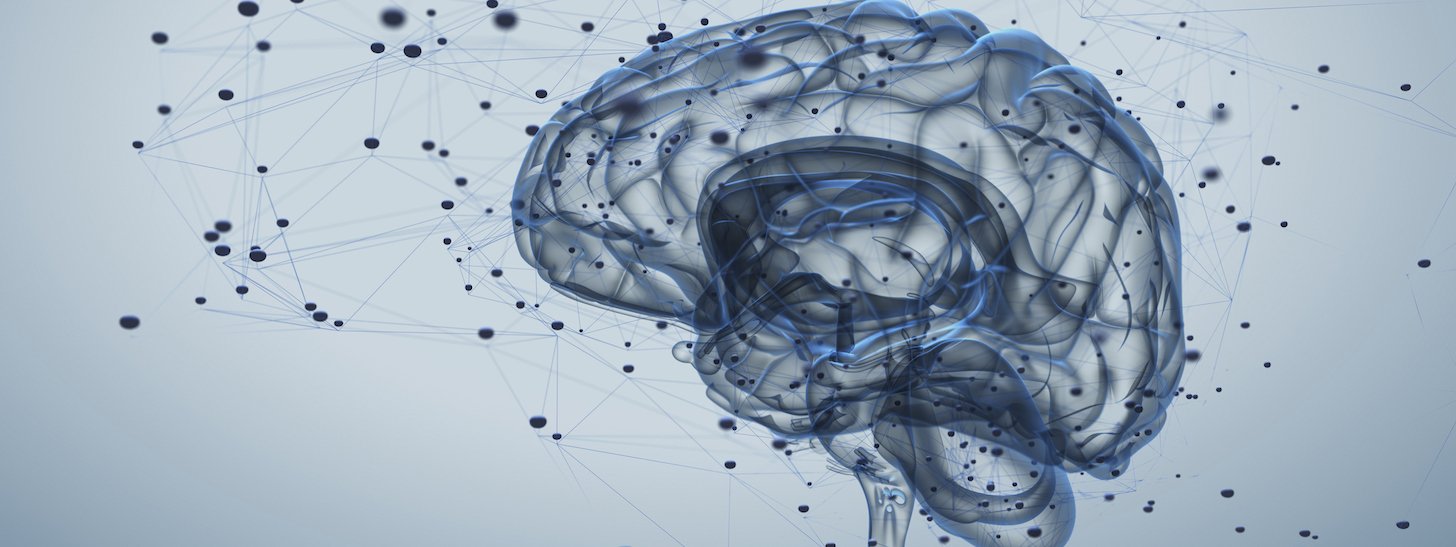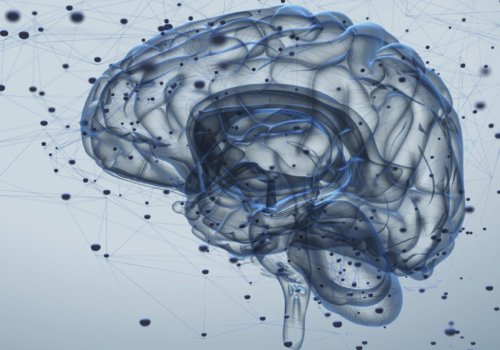
Member Spotlight: Richard B. Lipton, MD, FAHS
Richard Lipton wins the Harold G. Wolff Award for the fifth time and donates winnings to the American Migraine Foundation
At the 60th Annual Scientific Meeting in San Francisco, Dr. Lipton received the 2018 Harold G. Wolf Lecture Award for his outstanding research and impactful paper, Identifying Natural Subgroups of Migraine Based on Profiles of Comorbidities and Concomitant Conditions: Results of the Chronic Migraine Epidemiology and Outcomes (CaMEO) Study.
Dr. Lipton and his team’s research in chronic migraine epidemiology aimed to identify natural subgroups of migraine based on profiles of comorbidities and concomitant conditions (CCCs). Because migraine is a heterogeneous disease, identifying its subgroups has the potential to promote the individualization of treatment. This groundbreaking study identified eight underlying patterns of comorbid health problems among people with migraine. With these findings, physicians may now be able to predict patient response to treatment and streamline effective migraine management plans. The American Headache Society would like to congratulate Dr. Richard Lipton and his team for receiving the 2018 Harold G. Wolff Lecture Award for their efforts.
Dr. Lipton is a five-time recipient of the Wolff Award. This year, his team graciously donated the $10,000 winnings to the American Migraine Foundation to further the organization’s efforts to understand migraine and other disorders that cause severe head pain. “Our goal is to develop personalized treatment strategies for patients with migraine,” says Dr. Lipton.
Dr. Lipton is Director of the Montefiore Headache Center as well as the Edwin S. Lowe Professor and Vice Chair of Neurology, Professor of Epidemiology and Population Health and Professor of Psychiatry and Behavioral Sciences at the Albert Einstein College of Medicine.
Dr. Lipton previously served as president of the American Headache Society for the 2000-2002 term. He has attended the Board of Directors meetings since that time, and has guided the development of many AHS programs, including the very popular Comprehensive Migraine Education Program (CMEP). Currently, he serves on the editorial boards for several journals, has published 11 books and more than 800 PubMed indexed articles. In addition to headache, Dr. Lipton’s research focuses on Alzheimer’s disease and other cognitive degenerative disorders. He is the principal investigator of the Einstein Aging Study. Over the course of his career, Dr. Lipton has dedicated countless hours to mentoring students, residents and fellows. His commitment to educating the field of headache medicine’s next generation of leaders has not gone unnoticed. Dr. Lipton has been the recipient of both the Einstein Faculty Mentoring Award and the Clinical Research Training Program Mentor of the Year Award.
Dr. Lipton is an active and longstanding member of the migraine and headache community and the American Headache Society. We are grateful for his significant contributions to the Field, and his commitment to improving the lives of patients with migraine.
“As physicians, we have a responsibility to treat the patient, not the disorder,” says Dr. Lipton. “Being able to predict which treatment patients will respond to best allows us to expedite our approach and help patients feel better faster.”
About Richard Lipton
Name: Richard Lipton, MD, FAHS
AHS Membership: Past president for 2000-2002 term; member since 1986
Primary: Edwin S. Lowe Chair in Neurology; Vice Chair, The Saul R. Korey Department of Neurology; Professor in The Saul R. Korey Department of Neurology; Professor in Department of Psychiatry and Behavioral Sciences; Professor in Department of Epidemiology & Population Health at the Albert Einstein College of Medicine; and Director of the Montefiore Headache Center.
Quote: “Understanding the factors and indicators of neurological and cognitive disorders enables physicians to better treat patients. For me, that’s what it’s all about: Providing specialized care that targets the patient’s exact problem so they leave the office feeling better and optimistic.”
Each month, our Society showcases the accomplishments of one member. Please invest a few minutes to suggest a fellow AHS member to be featured within a future spotlight article via this form.


